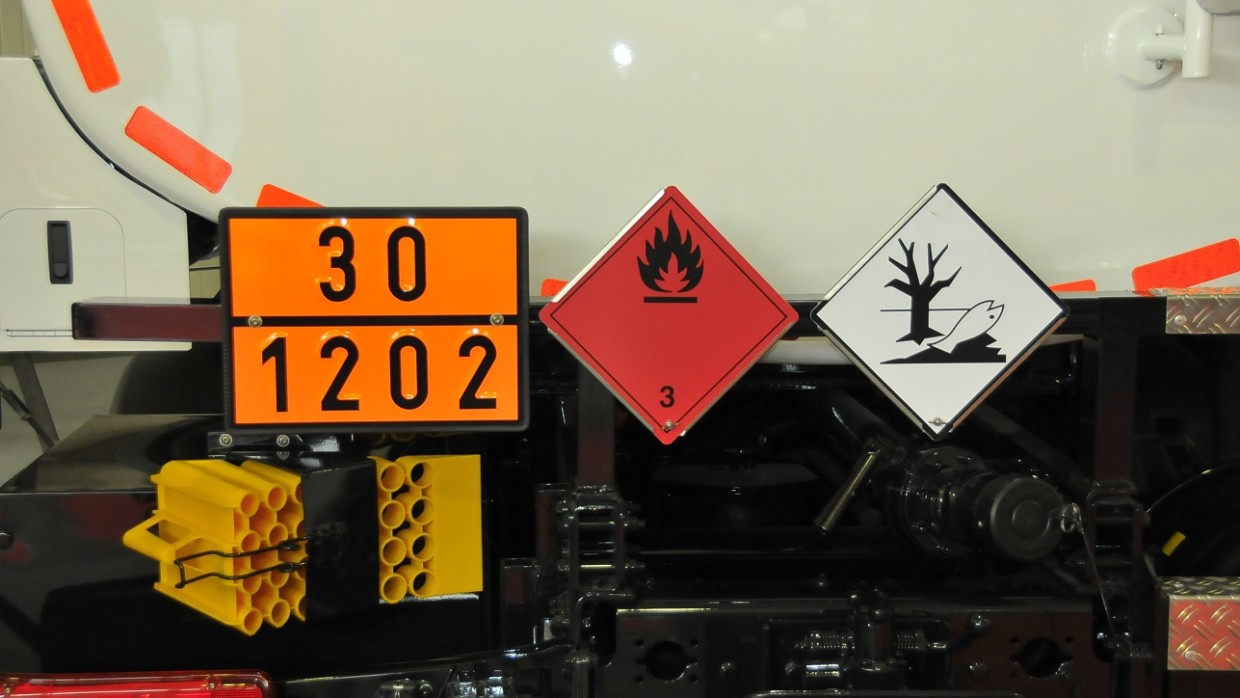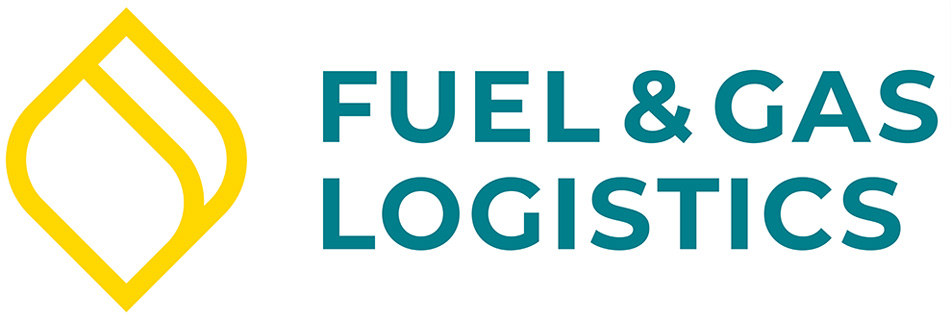News
News
Changing Energy Markets – Consequences for Vehicle Manufacturers
Currently, the media are full of discussions on energy and mobility topics to an extent hardly ever seen before. The end of ICEVs, a gradual ban on oil and gas heating systems and a reduction in the use of biogenic fossil fuels such as wood pellets are all plans set out by both the Agricultural and Environmental ministries to try and move away from biofuels. The direction of movement is clearly towards electrification and debates on the topic are highly ideological.
But what does this mean for vehicle manufacturers in the coming years? Will there be ever fewer goods to transport and less demand for tankers and silo trucks?
A more detailed look quickly puts this view of the situation into perspective.
At present, there are over five million oil heating systems installed in private households. Even under the regulations of an amended Building Energy Act, these will not suddenly disappear. There are neither enough heat pumps to replace them, nor adequate capacity to connect households to district heating systems. There are also not enough skilled workers to carry out the installations.
However, existing oil heating systems could still be used, for example: A newly drafted law requires new systems to use at least 65 per cent renewable energy from 2024 – a requirement that can also be met using hybrid systems in which liquid fuels can be used to cover peak usage on cold days.
In addition, there have been reports in the last few months by various oil companies of a modernisation backlog in their tanker truck fleets. Owing to the pandemic and the problems it caused in the relevant supply chains, as well as the resulting long waiting times for new vehicles, there is now some catching up to be done.
Higher demand for new vehicles also arises when companies are bought out and then need to renew their fleets.
In rural areas, private households will still (have to) rely on self-sufficient solutions, as there are not always gas or district heating connections available. More and more, people are choosing to use low-carbon fuels, (renewable) liquid gas and wood pellets, as well as increasingly using wood chips alongside heat pumps, especially in older and listed buildings.
In future, all these energy sources will need to be transported using suitable special vehicles.
In the market for fuel, the figures published by the Federal Motor Transport Authority on the number of registered vehicles speak for themselves. On 1 January 2023, there were over 60 million motor vehicles in Germany, fewer than 2 per cent of which were fully electric. 45 million cars alone were fitted with a diesel or petrol engine. And even if the government's targets were achieved, and in the next 8 years 15 million electric cars were sold, there would still be 30 million ICEVs on the roads. What is more, there are currently 3.6 million trucks and almost 5 million motorbikes that are mostly running on internal combustion engines.
Therefore, it is no surprise that the use of petrol once again increased in 2022 after the end of the COVID-19 restrictions, and the use of diesel remained stable as shown in the preliminary data published by the Working Committee for Energy Balance (AGEB).
Based on this information, the demand for vehicles to supply filling stations is expected to remain high, especially since the number of service stations in Germany has been stable for years.
Special freight vehicles for fuel logistics will continue to be in demand.



